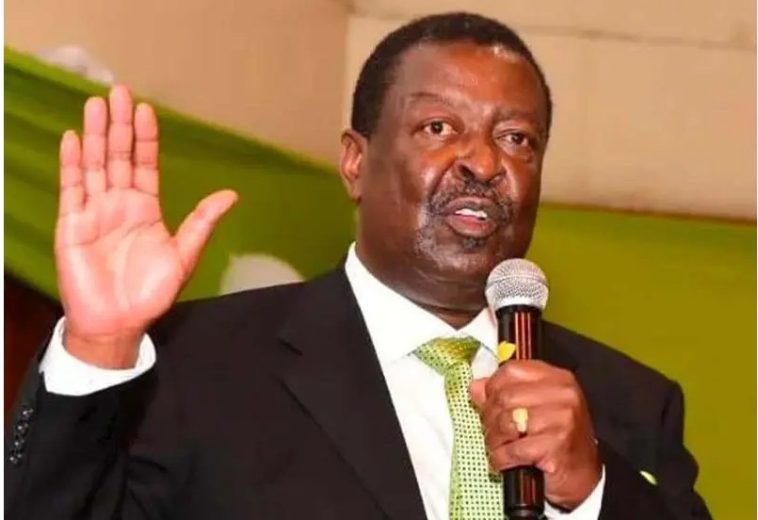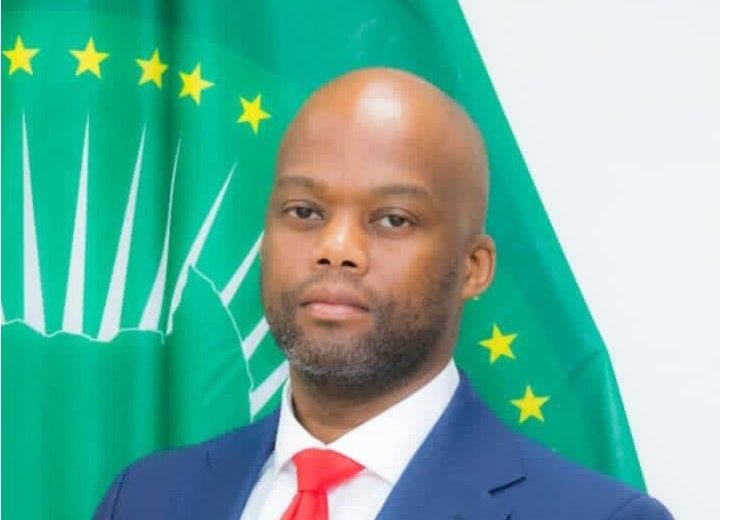Africa, a continent of unparalleled diversity and potential, has long been marred by conflicts and instability. However, in recent decades, there has been a concerted effort by African leaders to address these challenges and forge a path towards peace and security. This article delves into the multifaceted perspectives on African peace and security, highlighting the crucial role that leadership plays in driving success. It further emphasizes the significance of peace and security conferences as vital forums for dialogue and strategic planning.
I. The Historical Context
To understand the current state of peace and security in Africa, it is imperative to acknowledge the historical context. The continent has endured a legacy of colonialism, which often left behind deeply entrenched divisions and economic disparities. The aftermath of independence saw numerous nations struggling to establish stable governments, leading to a plethora of conflicts.
As African nations gained their independence, there was a collective realization that sustainable peace and security were prerequisites for development and prosperity. This pivotal insight laid the foundation for a concerted effort to foster stability across the continent.
II. African Leadership and the Pursuit of Peace
A. Transformational Leadership Styles
One of the critical elements in Africa’s journey towards peace and security has been the emergence of transformational leadership. Leaders such as South Africa’s Cyril Ramaphosa, Abdel Fattah El-Sisi, Macky Sall, Paul Kagame, Hakainde Hichilema, etc have exemplified this style, emphasizing inclusivity, vision, and a commitment to the well-being of their nations.
Transformational leaders possess a deep sense of responsibility towards their people and are driven by the desire to create a better future. They engage in constructive dialogue, transcending tribal, ethnic, and political divides to forge unity and purpose.
B. The Importance of Regional Integration
African leaders recognize that peace and security are not confined to national borders. Regional integration through organizations like the African Union (AU) and sub-regional bodies like ECOWAS and IGAD has become pivotal in addressing cross-border conflicts and promoting collective security.
These organizations serve as platforms for diplomatic engagement, joint peacekeeping operations, and the harmonization of policies aimed at conflict prevention and resolution. They also facilitate information-sharing and capacity-building among member states.
III. Peace and Security Conferences: Catalysts for Change
A. Creating Dialogues for Change
Peace and security conferences have emerged as powerful tools in the African leadership arsenal. These gatherings bring together leaders, diplomats, scholars, and civil society representatives from across the continent and beyond. They provide a forum for open, constructive discussions on the root causes of conflicts, potential solutions, and strategies for implementation.
These conferences also allow for the exchange of best practices, enabling African nations to learn from one another’s experiences. They serve as a platform for showcasing successful peacebuilding initiatives and nurturing a sense of solidarity among nations facing similar challenges.
B. Fostering Diplomatic Relations
Peace and security conferences serve as a diplomatic arena where African leaders can engage with international partners and stakeholders. This engagement is crucial for garnering support, both financial and logistical, for peacekeeping operations, conflict resolution initiatives, and development projects.
Furthermore, these conferences provide an opportunity for African leaders to assert their agency on the global stage, shaping international narratives about the continent’s potential and progress.
IV. Case Studies in Successful Peace and Security Initiatives
A. The Role of Mediation in Sudan-South Sudan Relations
The mediation efforts led by the AU, with support from regional leaders, played a pivotal role in achieving a historic peace agreement between Sudan and South Sudan. This process demonstrated the efficacy of African-led diplomatic interventions in resolving long-standing conflicts.
B. The ECOWAS Intervention in Sierra Leone
The intervention by ECOWAS in Sierra Leone during the late 1990s illustrates the power of regional bodies in enforcing stability. ECOWAS troops, supported by strong political will, successfully disarmed rebel factions, paving the way for lasting peace and security.
African perspectives on peace and security are evolving, propelled by visionary leadership and dynamic initiatives. The role of leaders in fostering stability through transformational styles and regional integration cannot be understated. Additionally, peace and security conferences serve as vital catalysts for change, providing platforms for dialogue, diplomacy, and shared learning.
As Africa continues on its path toward sustainable peace and security, it is imperative that leaders and stakeholders remain committed to collaborative efforts. By leveraging their collective strength and wisdom, Africa can overcome its historical challenges and unlock its boundless potential for the betterment of all its citizens.


